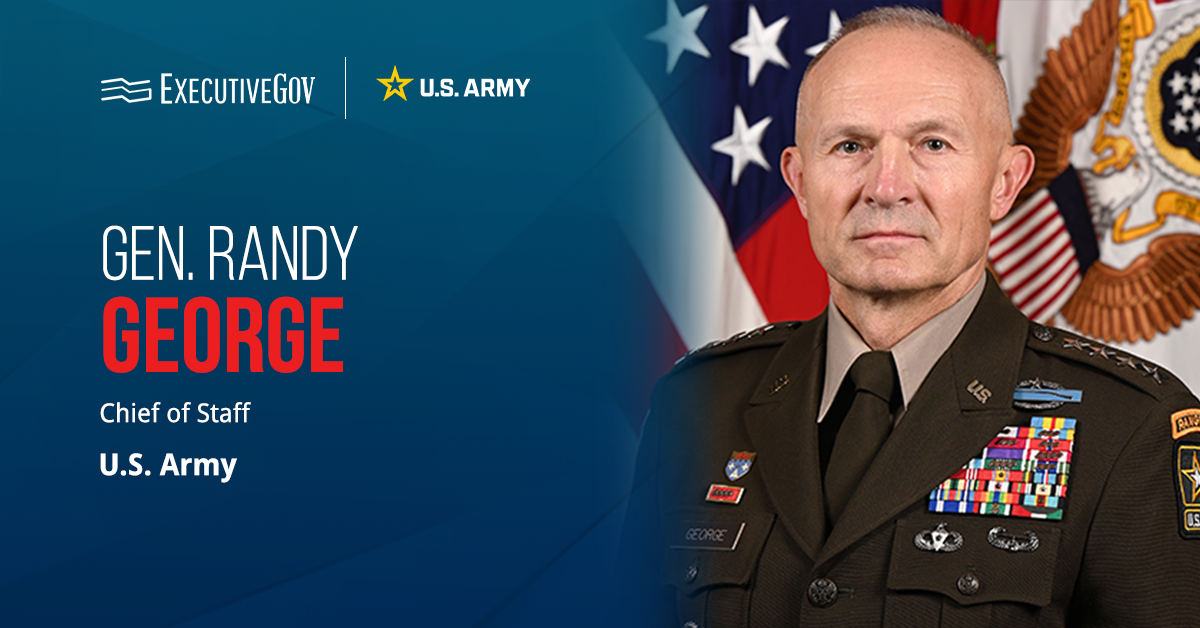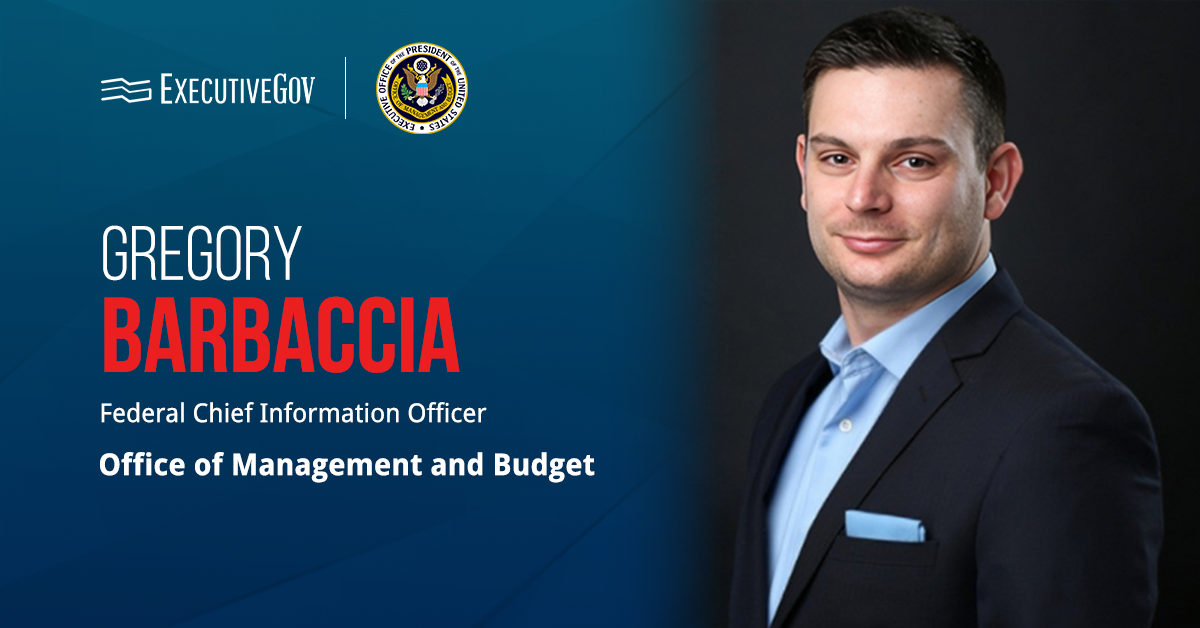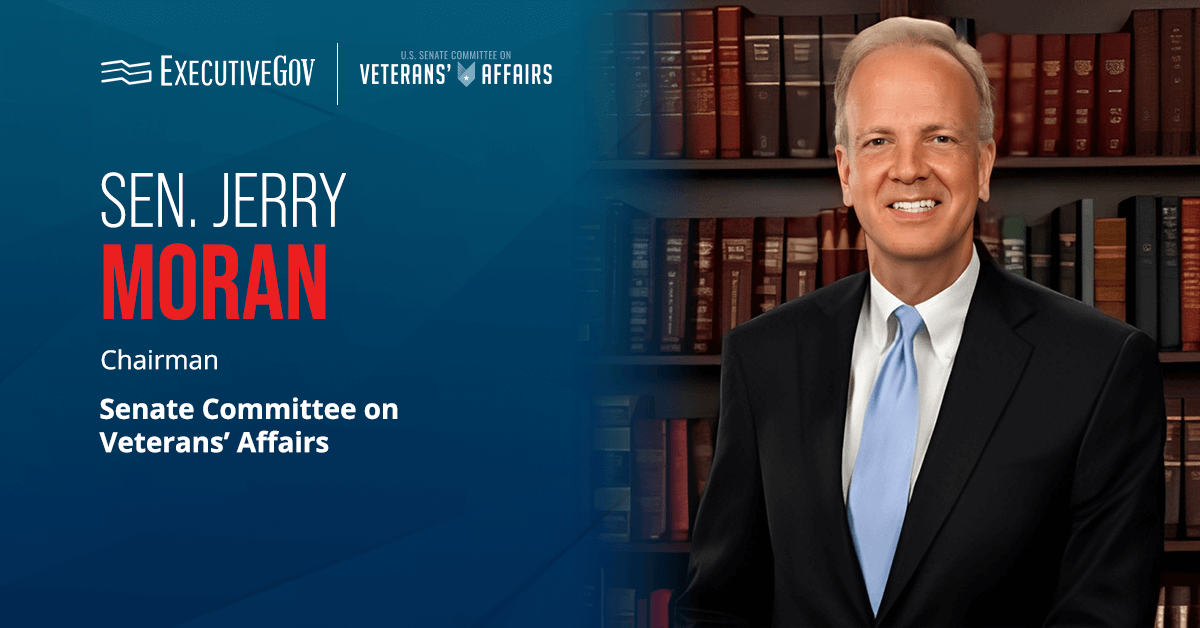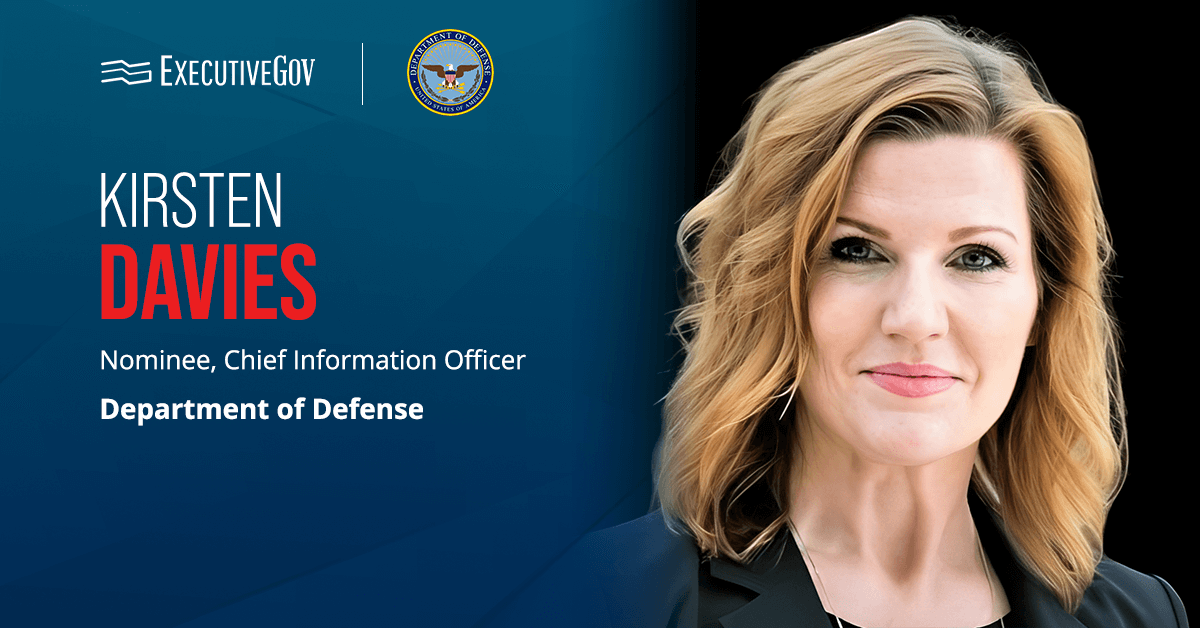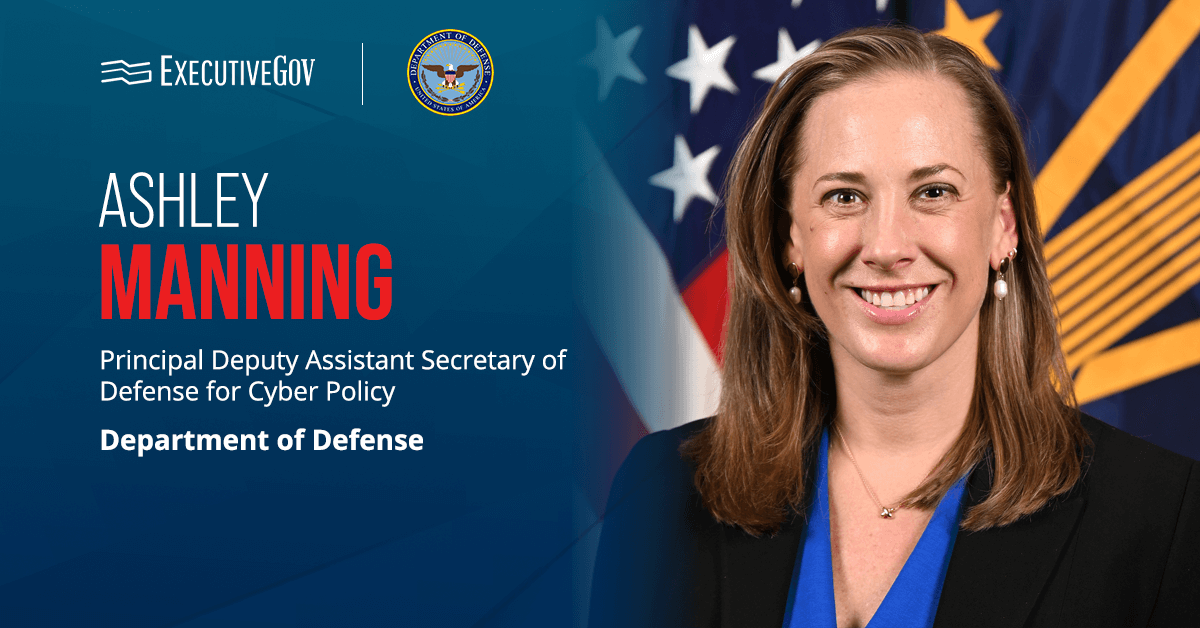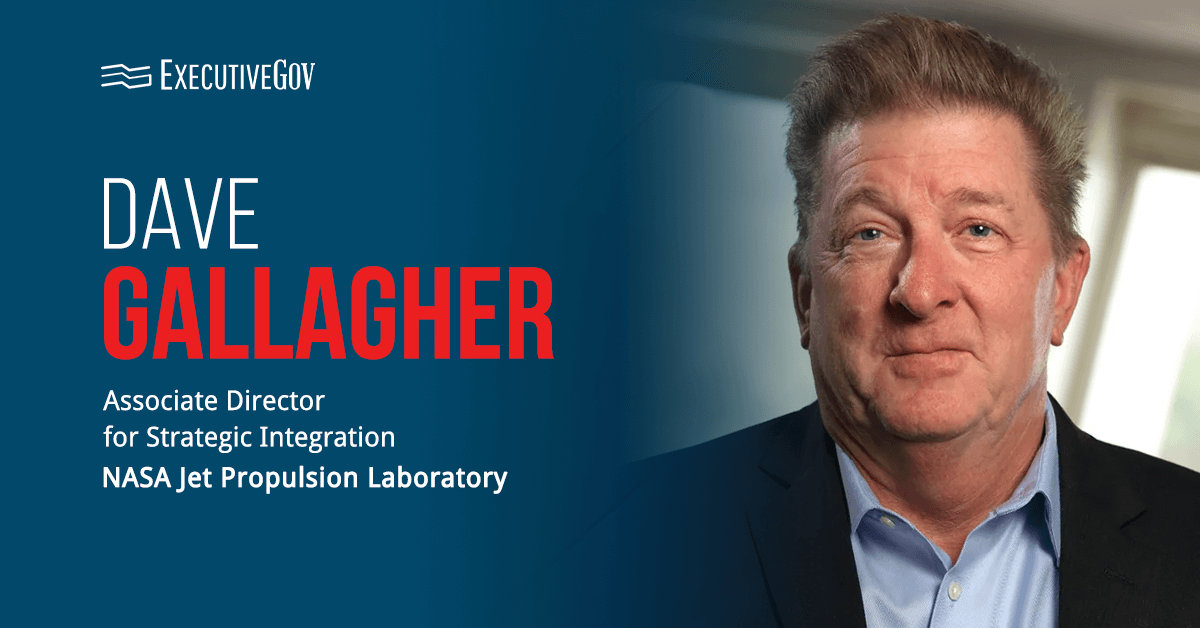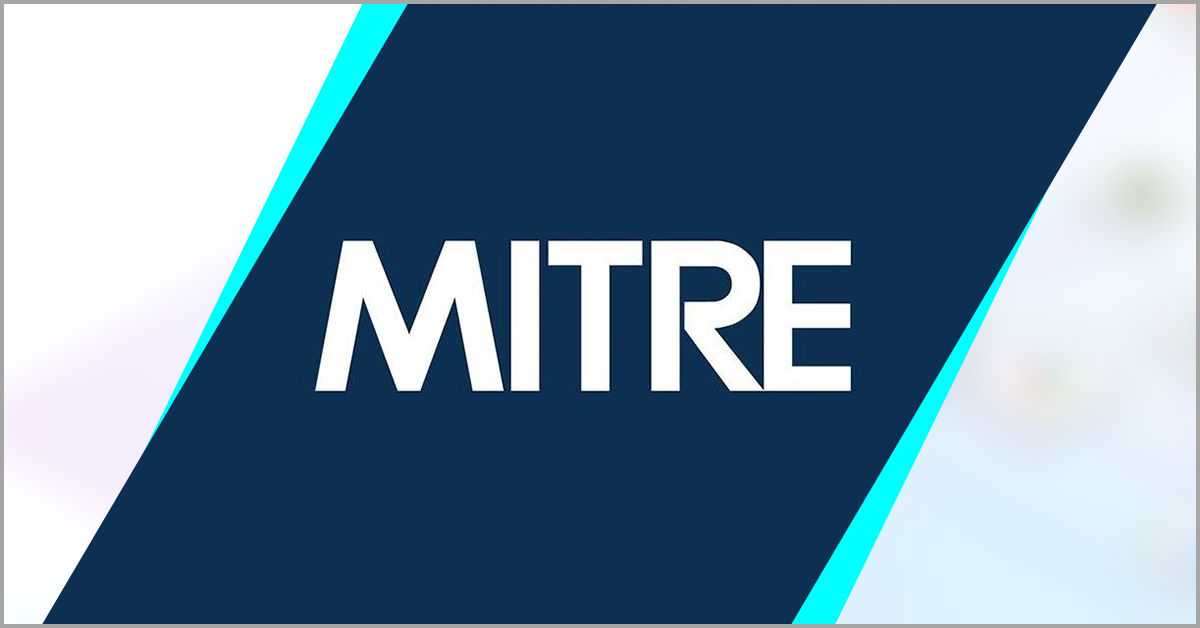U.S. Army Chief of Staff Gen. Randy George said the service branch will merge Training and Doctrine Command, or TRADOC, into Army Futures Command under the newly established Army Transformation and Training Command, Defense News reported Thursday.
George disclosed the name of the combined command during a House Appropriations defense subcommittee hearing Wednesday.
He said the new command will be headquartered in Austin, Texas.
AFC-TRADOC Consolidation
According to the report, consolidating the two commands will bring back the requirements development process under TRADOC.
“That way we have one headquarters that can oversee the design, build, doctrine and training. We know we have to advance in how we’re going to train individual soldiers right now on the tactical change, how we’re doing things,” George said of the merger during a press briefing last week.
“The advantage is we’re going to put majors, sergeant first class, you know, different NCOs and officers back into our formation, which is what we need to do and green up some other areas,” the Army official added.
The development came a week after Pete Hegseth, secretary of the Department of Defense and a 2025 Wash100 awardee, issued a memo directing the secretary of the Army to implement a comprehensive transformation strategy, reform the acquisition process, eliminate wasteful spending and streamline the military branch’s force structure.
Join us at the Potomac Officers Club’s 2025 Army Summit on June 18. Hear notable leaders and experts as they share their insights into modernization imperatives, force structure optimization, national security missions and more. Register now!



